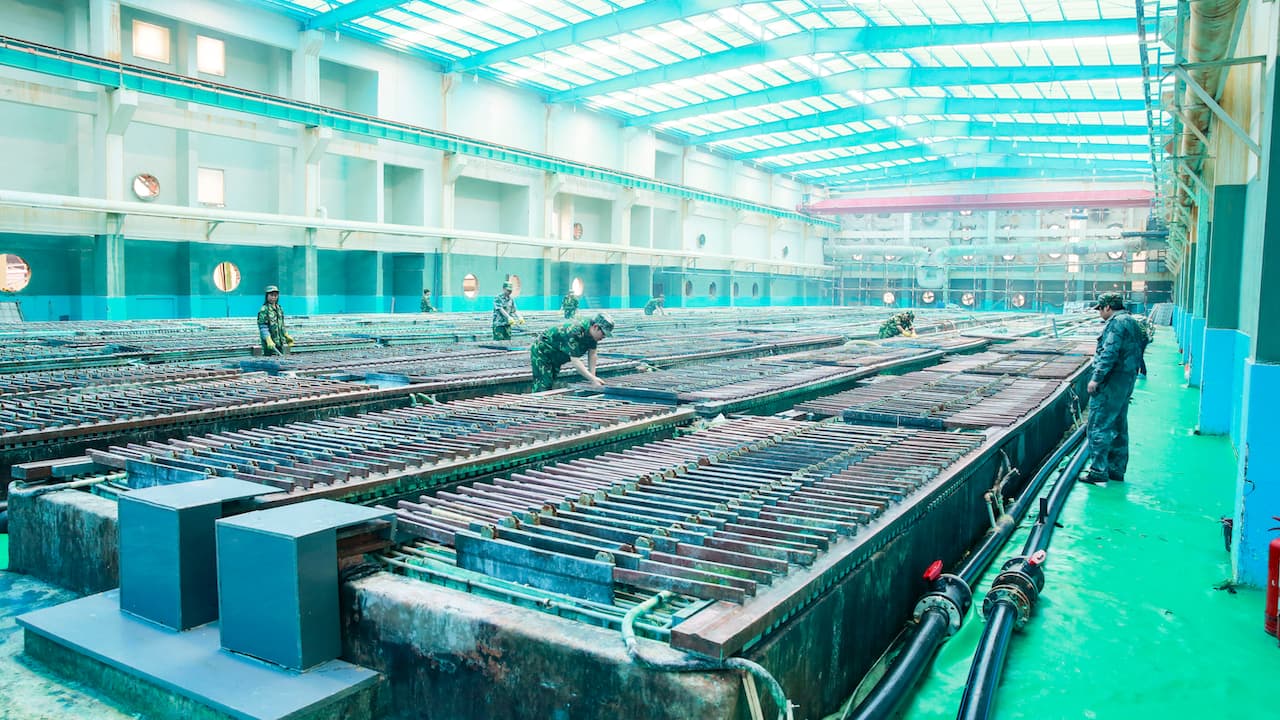NEWS | June 15, 2023
China to Cease Export and Processing of Rare Earth Elements

The race is on! For those who have been waiting for the starting signal to invest in technology metals and rare earth elements, here it is: In East Asia, leaked information indicates that China is likely to ban the export of technology, machinery, and equipment for processing rare earth elements later this year. Observers also fear an export ban on critical metals.
As recently as 2021, China stated that it had no plans for export restrictions on rare earth elements. However, the newly revealed Chinese plans are quite different: It has been decided to particularly prohibit the export of technology for magnetizing rare earth elements. Given that both wind turbines and electric vehicles increasingly rely on rare earth magnets, such an embargo would endanger, among other things, the European energy transition. China’s goal, according to local observers, is to complicate Western efforts to achieve resource independence.
Officially, the leaked information remains in the realm of rumors. However, notable political and economic actors are taking the information seriously, especially since a Chinese embargo as a response to the Chip Act and considering the situation in Taiwan makes sense. Brian Menell, the Chairman of the Board of the Techmet metal group, sees China’s actions as driven by its self-perception as a global power, taking a page from Russia’s playbook in the Ukraine conflict. China now aims to use urgently needed resources as a weapon against the rest of the world. This could especially be used to sanction Western involvement in the event of a Taiwan conflict escalation.
Since the conflict in Ukraine, Europe has been preparing to become less dependent on China for critical resources. However, it is not fully ready for such a move. Many countries have abandoned mining projects due to their significant environmental impact, resulting in over 90 percent of mining and an even greater portion of rare-earth-rich ore processing taking place in China. As a result, some companies have ordered specialized furnaces from China to refine rare earth elements themselves. These furnaces have delivery times of over 18 months. Their eventual arrival is currently questionable.
What can help Europe navigate this situation is storage facilities with industrially processed raw materials. While these do not replace long-term refinery projects like Lynas in Malaysia, they can supply the industry for up to 6 months in the event of a sudden supply halt. For private buyers, they also offer the opportunity to invest tax-free in a class of production-critical raw materials, the price of which is likely to explode in the near future.